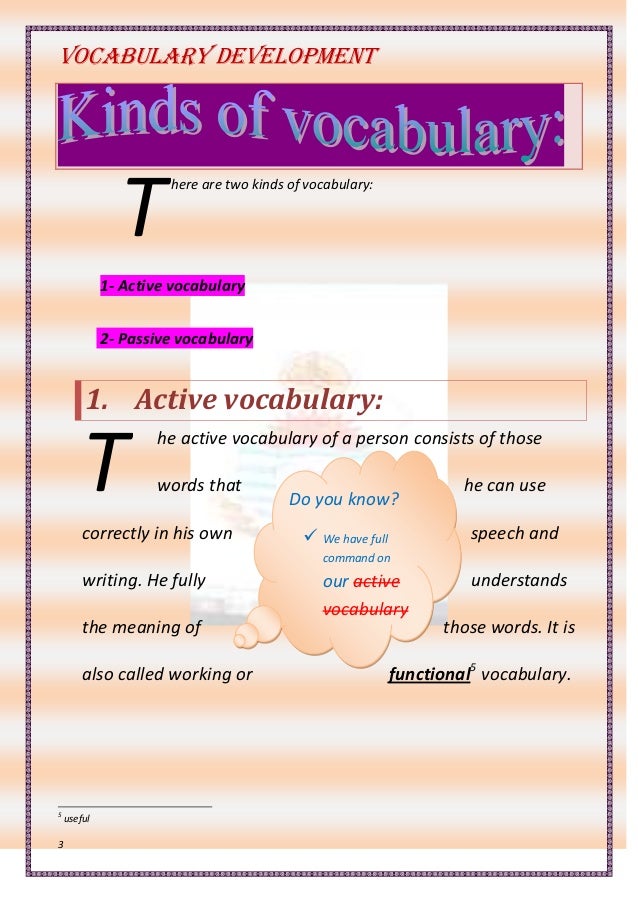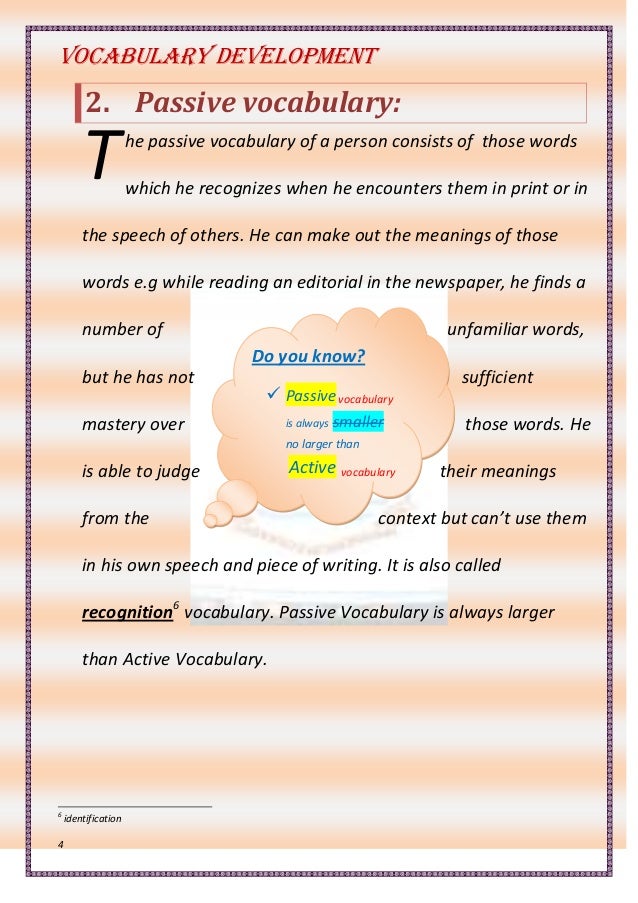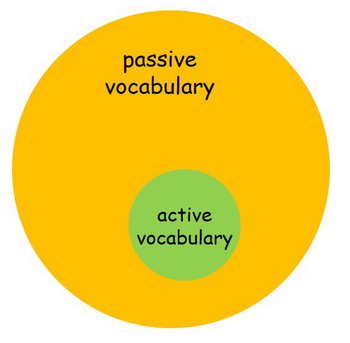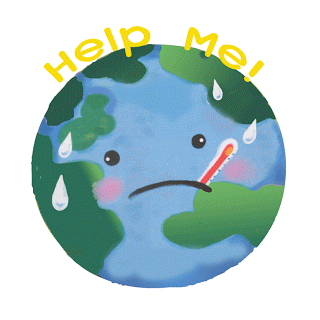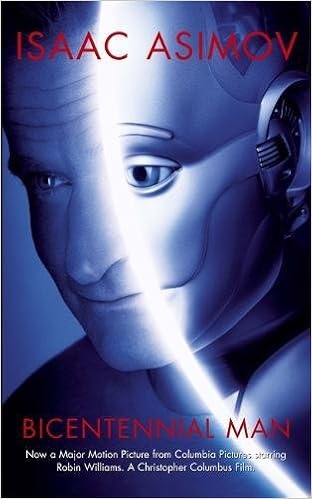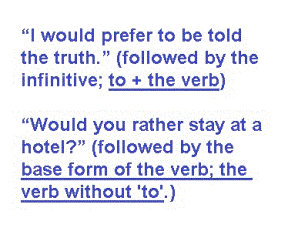* The organisation of a report
A report should have a title and subtitles (or subheadings) and be divided into clear sections. There is usually an introduction and a conclusion with perhaps a recommendation.
Research/Numbers/ Trends:
Consequences/ Effects/ Reasons/ Results:
Recommendations/ Suggestions:
Conclusion:
Introduction:
Research/Numbers/ Trends:
Consequences/ Effects/ Reasons/ Results:
Recommendations/ Suggestions:
Conclusion:
* The use of formal language in a report
Register: Formal, impersonal, cold and factual.
DO NOT USE:
· Colourful language (gorgeous/stunning/awesome/beautiful/epic etc.)
· Informal phrasal verbs and lexis (meet up/break down/check out/a lot of/lots of, etc.) as they tend to be informal and conversational.
· “I/we think….” (too personal, except in the recommendation and conclusion)
Avoid using contractions in reports as they are too informal.
Write "I would like to recommend..." instead of "
*Useful videos:
http://cpesamplewritings.blogspot.com/p/how-to-write-report.html
*Useful Language:
https://www.usingenglish.com/files/pdf/bulats-writing-part-two-useful-phrases-for-reports.pdf
https://freeenglishlessonplans.com/2014/11/18/cpe-report/
*Sample task, report with teacher's comments:
https://www.englishforums.com/English/ReportExamStructureCorrectFormal/qcnmm/post.htm
Time to write!
Task :
The school authorities are interested in the views that students hold about an environmental issue which they deem crucial to the development of their area/region/country. You have been asked to write a report for the English Head of the school. In your report, you should address the following points:
What green issue do you consider to be the most interesting for young people at school? Why?
What can be done at school to help raise awareness on the importance of this issue among students?
What steps can be taken to make young people feel less afraid and more optimistic about the future concerning the environmental issue of your choice?
Write your report for the Head.
In your report, you mus use some of the vocabulary you compiled from the Vocabulary Project on Environmental Issues on Padlet
(280-320 words)
